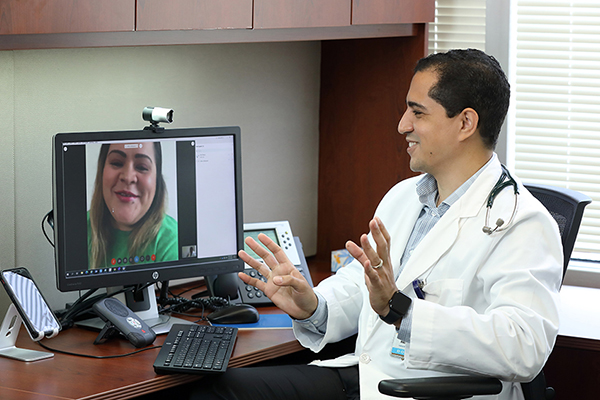Numerous barriers, including stigma, cost, transportation limitations, and provider shortages, prevent millions from receiving appropriate mental health care. The emergence of telehealth services has created new pathways to mental health support, offering convenient alternatives that overcome many traditional obstacles. Virtual mental health services may provide appropriate care in some situations, while in-person assessments may be necessary in others. Several everyday mental health needs align well with telehealth delivery models, making online doctors appropriate first-line options in many circumstances.
Mild to moderate symptoms
For individuals experiencing early signs of depression, anxiety, or stress-related conditions, virtual consultations offer low-barrier entry points to professional support. This accessibility facilitates earlier intervention, potentially preventing symptom escalation that might otherwise occur during extended waits for in-person appointments.
Online mental health services prove especially valuable for those noticing initial changes in mood, sleep patterns, concentration, or daily functioning. The convenience factor often enables people to seek help while managing work and family responsibilities, addressing concerns before they significantly impact daily life.
Medication management
Virtual psychiatry services provide efficient oversight for patients with stabilized conditions requiring ongoing prescription management without the logistical challenges of regular in-person visits. These appointments typically focus on medication effectiveness, side effect monitoring, and dose adjustments, all elements that translate well to the telehealth environment.
Many psychiatric medications require regular monitoring but not necessarily physical examination, making virtual check-ins an appropriate alternative for maintenance care. This approach particularly benefits individuals with transportation limitations, demanding work schedules, or caregiving responsibilities that complicate traditional appointments.
Talk therapy
Psychological counselling and therapy adapt remarkably well to virtual delivery. Research consistently demonstrates comparable effectiveness between properly conducted telehealth therapy and traditional in-person sessions for many common concerns, including depression, anxiety, and PTSD.
The home environment often creates a sense of safety that facilitates open discussion, particularly for individuals who find clinical settings intimidating or triggering. This comfort factor, combined with eliminating travel time, frequently improves attendance consistency, a crucial factor in therapeutic effectiveness.
Workplace accommodation support
Mental health conditions sometimes require workplace accommodations to maintain professional functioning during treatment. For documentation related to these arrangements, for medical certificate online check nextclinic.com.au, where healthcare providers issue necessary documentation following appropriate assessment. This service streamlines the administrative aspects of managing mental health while maintaining employment, an essential factor in overall wellness and recovery.

When does in-person mental healthcare remain essential?
Despite telehealth’s advantages, certain mental health situations require traditional in-person assessment and care.
Addressing immediate safety concerns
Individuals experiencing suicidal thoughts with immediate risk, severe psychosis, or dangerous substance withdrawal require direct evaluation in emergency settings. Online platforms cannot provide physical intervention when necessary, making in-person care essential for safety assessment and immediate stabilization. Most reputable telehealth services implement screening protocols to identify crises and facilitate appropriate emergency referrals when these concerns arise during virtual consultations.
Complex diagnostic assessments
Initial diagnosis of conditions like bipolar disorder, schizophrenia spectrum disorders, or complex co-occurring diagnoses often benefits from in-person assessment. The physical examination reveals important diagnostic indicators, while direct observation provides insights into subtle behavioural and cognitive patterns that might be less apparent via video. For these complex situations, some patients benefit from initial in-person evaluation followed by telehealth for ongoing management once treatment plans are established and conditions stabilize.
Therapeutic approaches requiring physical presence
Specific evidence-based therapies involve physical elements that are not easily replicated virtually. These include some forms of exposure therapy, play therapy with young children, and certain trauma-focused interventions requiring specific environmental controls. When these specialized approaches represent the most appropriate treatment, in-person delivery provides optimal therapeutic benefit.
By evaluating these factors in consultation with healthcare providers, individuals develop personalized plans that maximize clinical effectiveness and practical accessibility, ultimately supporting sustainable mental health improvement and maintenance.

